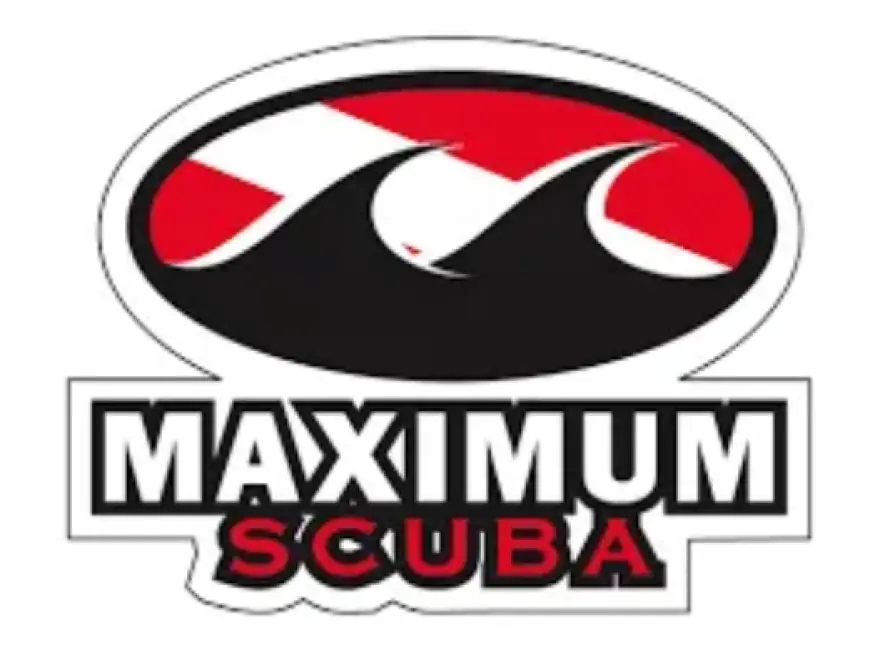5 Things You Need to Know Before Signing Up for Scuba Classes in Houston
Scuba diving is an exhilarating experience that allows you to explore the underwater world like never before.
Scuba diving is an exhilarating experience that allows you to explore the underwater world like
never before. If you’re considering signing up for scuba classes in Houston, there are a few
things you should know before taking the plunge. From understanding the certification process to
choosing the right dive school, here are five key things to keep in mind.
1. Certification Is a Must

Before you can freely explore the depths, you’ll need to get certified by a recognized diving
organization such as PADI (Professional Association of Diving Instructors) or NAUI (National
Association of Underwater Instructors). These certifications ensure that you are trained in the
essential skills needed for safe diving. Most beginner courses include classroom sessions, pool
training, and open-water dives.
2. Physical Fitness and Health Requirements
Scuba diving requires a reasonable level of physical fitness. While you don’t have to be an
athlete, certain health conditions—such as asthma, heart problems, or severe allergies—may
require medical clearance before you can enroll in a course. It’s always a good idea to check with
your doctor and the dive school’s health requirements before signing up.
3. The Importance of Choosing the Right Dive School
Houston has several dive schools to choose from, and selecting the right one is crucial. Look for
a school with certified and experienced instructors, positive reviews, and well-maintained
equipment. Some schools may also offer additional perks like flexible schedules, gear rentals, or
group discounts. Be sure to visit the facility and ask questions before committing.
4. Costs Involved in Scuba Certification
The cost of scuba certification can vary, but in Houston, beginner courses typically range from
$300 to $600. This usually includes training materials, instructor fees, pool sessions, and open-
water dives. However, additional expenses may apply, such as gear rental, travel costs for open-
water dives, and certification fees. Make sure you understand all costs upfront to avoid surprises.
5. Practice and Safety Are Key
Like any sport, scuba diving requires practice to improve your skills and build confidence. Pay
close attention during your training sessions, and don’t rush the learning process. Safety should
always be your top priority, so be sure to follow proper dive procedures, check your equipment
thoroughly, and dive with a buddy.
Final Thoughts
Taking scuba classes in Houston can be the first step toward an incredible underwater adventure.
By understanding the certification process, ensuring you meet health requirements, choosing a
reputable dive school, budgeting for costs, and prioritizing safety, you’ll be well-prepared for
your diving journey. Happy diving!
What's Your Reaction?
 Like
0
Like
0
 Dislike
0
Dislike
0
 Love
0
Love
0
 Funny
0
Funny
0
 Angry
0
Angry
0
 Sad
0
Sad
0
 Wow
0
Wow
0














































